Visual computing is an interdiscipinary field of computer graphics and computer vision, involving computer graphics, computer vision, robotics, visualization, human-computer interaction and many other domains. In the era of big data, visual computing is widely used in different fields, such as face recognition in intelligent products, 3D reconstruction of large-scale city model in virtual reality roaming, driverless vehicle on the road, etc. The research results of visual computing are changing our lives.
The 6th "Visual Computing" Summer School of Shandong University will be held online. Throughout the Summer School, top experts from all over the world will be invited to give lectures on the basic theory, application field and development frontier of visual computing, including: Computer Graphics, Computer Vision, Human-Computer Interaction, Robotics, Virtual Reality/Augmented Reality (VR/AR), 3D Printing, Visualization, etc.
Special Activities:
DIY Practices: We will provide in-person online guidances for each student during DIY, covering topics in Virtual Reality, 3D Printing and Deep Learning. Outstanding students will get award at the end of this journey.
Communication Opportunities: We will provide opportunities for the attendees to communicate with leading experts in visual computing, share wonderful ideas and cultivate innovative thinking.
Come and Join us in this extraordinary July!
Our summer school is totally FREE this year.
Please register our summmer school before July 14, 2020.
Registration Review Stage: July 15 - July 16, 2020. During this stage, we will send confirmation emails to students who have passed the review, and confirm your interested DIY group through online calls.
Please register our summer school before July 14, 2020.
July 15-July 16 is the registration review stage, during which the confirmation emails are sent to applicants who have passed the review.
We will confirm your registration during July 15 - July 16, 2020.
Registration link: IRC summer school registration system
( Note:1、Register first, then login,program title selection: The 6th "Visual Computing" Summer School of Shandong University ; 2、If you don't have a passport number, your national ID number is OK.)
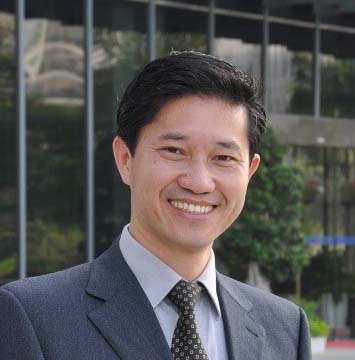
Baoquan Chen, Peking University
Baoquan Chen is an Endowed Boya Professor of Peking University, where he is the Executive Director of the Center on Frontiers of Computing Studies. He is an IEEE Fellow. His research interests generally lie in computer graphics, visualization, and human-computer interaction, focusing specifically on large-scale city modeling, simulation and visualization.
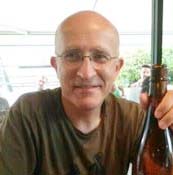
Dani Lischinski, the Hebrew University of Jerusalem
Dani Lischinski is a professor at the School of Computer Science and Engineering at the Hebrew University of Jerusalem, Israel, where he runs the Computer Graphics Lab. He received the Eurographics Outstanding Technical Contributions Award in 2012 and served as the Technical Papers Chair for SIGGRAPH Asia 2017.

Daniel Cohen-Or, Tel Aviv University
Daniel Cohen-Or is a professor at the Department of Computer Science, Tel Aviv University. His research interests are in Computer Graphics, Visual Computing and Geometric Modeling. In 2013, he's received The People's Republic of China Friendship Award. He was the recipient of the Eurographics Outstanding Technical Contributions award in 2005, ACM SIGGRAPH Computer Graphics Achievement Award in 2018.

Daniel Weiskopf, the University of Stuttgart
Daniel Weiskopf is the Managing Director at VIS, Co-Director at VISUS and the Director at Department Visualization of the University of Stuttgart. He served as the IEEE SciVis Paper Chair in 2019. His research interests include information and scientific visualization, visual analytics, eye tracking, computer graphics, special and general relativistic visualization.

Jean-Daniel Fekete, INRIA
Jean-Daniel Fekete is the Scientific Leader of the INRIA Project Team AVIZ. He is a member of the Eurographics publication board, and Associate Editor-in-Chief of the IEEE Transactions on Visualization and Computer Graphics. Chair of the IEEE Information Visualization Conference Steering Committee, a member of the IEEE VIS Executive Committee, a member of the Eurographics EuroVis Steering Committee.
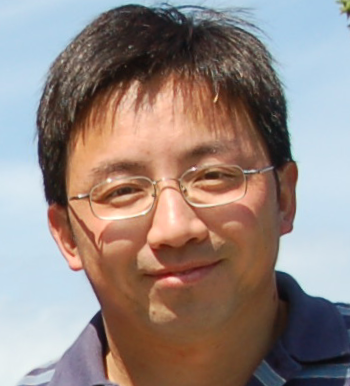
Minglun Gong, University of Guelph
Dr. Minglun Gong is a Professor and Director at the School of Computer Science, University of Guelph.Minglun’s research interests cover various topics in the broad area of visual computing He was the recipient of the Izaak Walton Killam Memorial Award and best paper awards at the 2015 Canadian Conference on Artificial Intelligence, the 2016 International Symposium on Visual Computing, and the 2019 Conference on Computer and Robot Vision.
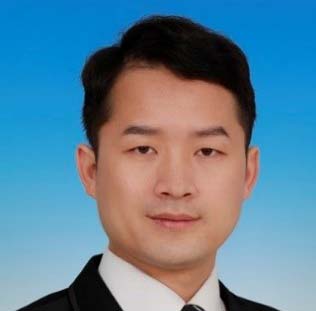
Ming-Ming Cheng, Nankai University
Ming-Ming Cheng is a professor with College of Computer Science, Nankai University, leading the Media Computing Lab. He is a senior member of the IEEE and on the editorial boards of the IEEE TIP. His research interests includes computer vision and computer graphics.

Oliver Deussen, University of Konstanz
Prof. Deussen graduated at Karlsruhe Institute of Technology and is professor at University of Konstanz. He also serves as visiting professor at the Chinese Academy of Science in Shenzhen (SIAT).He serves as President of the Eurographics Association .His areas of interest are modeling and rendering of complex systems, non-photorealistic rendering, sampling theory as well as Information Visualization.
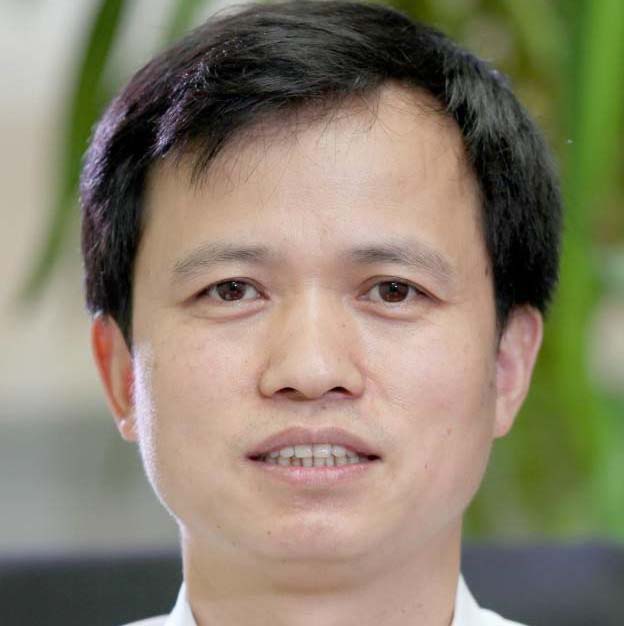
Shi-Min Hu, Tsinghua University
Shi-Min Hu is a professor in Computer Science at Tsinghua University and director of Visual Media Research Center. His research areas are computer graphics, computer vision, and system software. He has published more than 200 papers in refereed journals and conferences, including 75 IEEE/ACM Transactions papers. He is the Chief Scientist of National Basic Research Program of China (The 973 program).

Wei Chen, Zhejiang University
Wei Chen is a professor and vice dean in the School of Computer Science and Technology at Zhejiang University, and deputy director of the State Key Lab of CAD&CG. His current research interests include visualization, visual analytics and bio-medical image computing. He actively served in many leading conferences and journals. He is an associate editor of ACM TIST, IEEE CG&A, FCS and JOV.
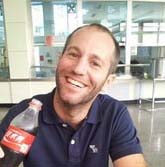
Andrei Sharf, Ben-Gurion University
Andrei Sharf is an associate professor at the Computer Science Department, Ben-Gurion University. His research is in the realm of Computer Graphics. He was the recipient of the Eurographics Young Researcher Award in 2012.
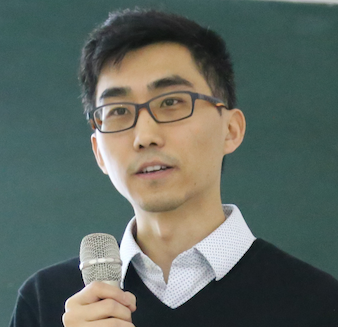
Jian Zhao, University of Waterloo
Jian Zhao is an Assistant Professor at the School of Computer Science, University of Waterloo. His research lies in the intersection of information visualization, human-computer interaction, and data science. He is dedicated to developing interactive visualizations that optimize the analytical workflow of solving complex real-world data problems.
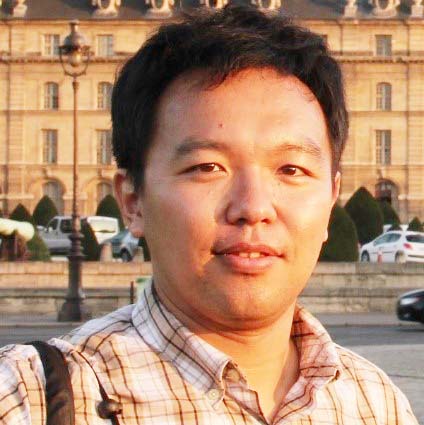
Qixing Huang, University of Texas at Austin
Qixing Huang is an assistant professor of Computer Science at the University of Texas at Austin. He obtained his PhD in Computer Science from Stanford University. He was a research assistant professor at Toyota Technological Institute at Chicago before joining UT Austin. His research spans the fields of computer vision, computer graphics, and machine learning.
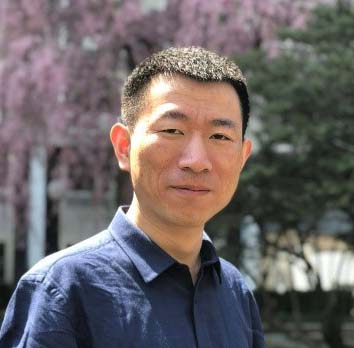
Xifeng Gao, Florida State University
Xifeng Gao is an Assistant Professor of Florida State University. He has wide research interests in fields related to Geometry Computing, such as Computer Graphics, Computer Vision, Visualization, Robotics, and Fabrication.

Zhicheng Liu, Adobe Research
Zhicheng Liu is a research scientist at the Creative Intelligence Lab, Adobe Research, and will join the department of computer science at University of Maryland in August 2020. Before joining Adobe, he was a postdoctoral fellow at the Department of Computer Science of Stanford University.The visualization tools developed by him and collaborators are adopted by users around the world.
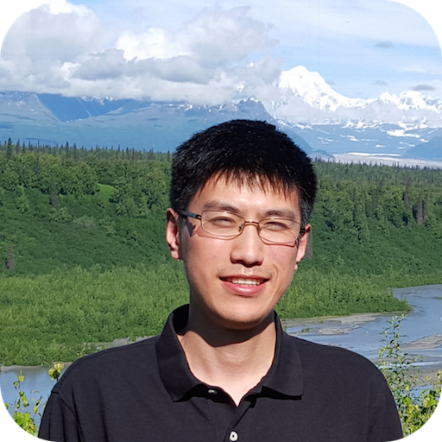
Donglai Wei, Harvard University
Donglai Wei is a Postdoctoral Researcher at the Visual Computing Group at Harvard University under Prof. Hanspeter Pfister, where he leads the computer vision and machine learning research subgroup.His current research interests are in the biomedical image analysis with healthcare applications.
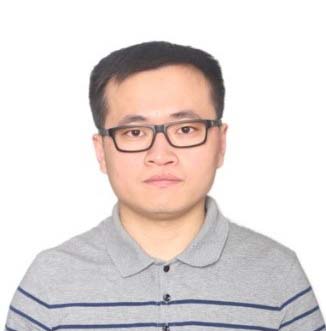
Haisen Zhao, University of Washington
Haisen Zhao is a postdoctoral research associate at the University of Washington. His research interest lies at the geometric processing and its application for digital fabrication. He received CCF Outstanding Doctoral Dissertation Award in 2019.
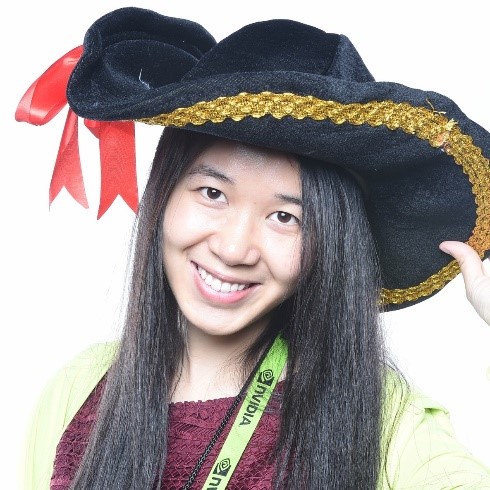
Lingjie Liu, Max-Planck-Institute
Lingjie Liu is the Lise Meitner Postdoctoral Research Fellow in the GVV group at the Max-Planck-Institute for Informatics working with Prof. Christian Theobalt. Her research interests include neural rendering, human performance capture, 3D reconstruction, etc.

Dun Liang, Tsinghua University
Dun Liang is a Ph.D. candidate in the the Graphics and Geometric Computing Group in Tsinghua, under the direction of Professor Shi-min Hu. Research interests include Computer Graphics, Vision and Defferential Programing, High Performace Computing. He won the student supercomputing championship at international conferences such as SC and ISC, also Gold medal of ACM-ICPC.
Undergraduates will tentatively participate in the following four DIY groups, complete the corresponding tasks and prepare for the final showcase/presentation.Outstanding students will be awarded at the end of this journey.
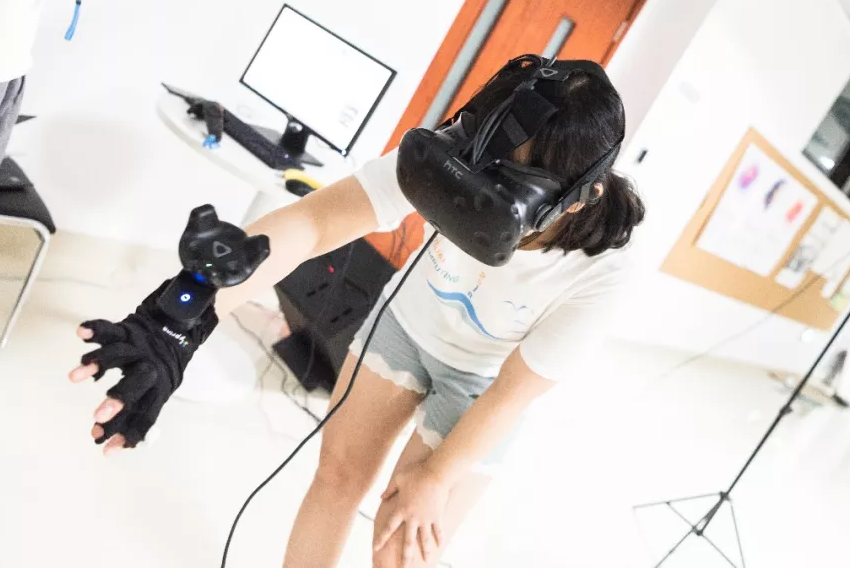
This topic will guide students to build an AR application development environment locally to achieve AR application development based on the currently popular virtual reality development tools and platforms. Experience the dream experience brought by augmented reality for yourself.
The topic will be divided into two projects, which are real-time virtual and real fusion based on AR Toolkit and OpenGL programming and easyar-based mobile phone augmented reality animation on the Unity platform. Students can realize the effect of augmented reality by programming in the local environment, experience the charm of future technology.

This topic can expose students to the most cutting-edge visual analysis problems and discussthe beauty of data. Students can be exposed to the presentation and analysis of three-dimensional data, such as the visual analysis of three-dimensional medical data, or the visual analysis of information, such as visualization of epidemic situation, social network information visualization and so on, exert their imagination and feel the beauty of data with zero distance.
This year, the topic of visual analysis will focus on spatiotemporal situation analysis of epidemic situation, visualization of epidemic propagation mode and visualization of public opinion. By collecting data related to the epidemic, students use relevant data processing and visualization methods to visualize the content related to the epidemic and more intuitively feel the changes brought about by the epidemic.
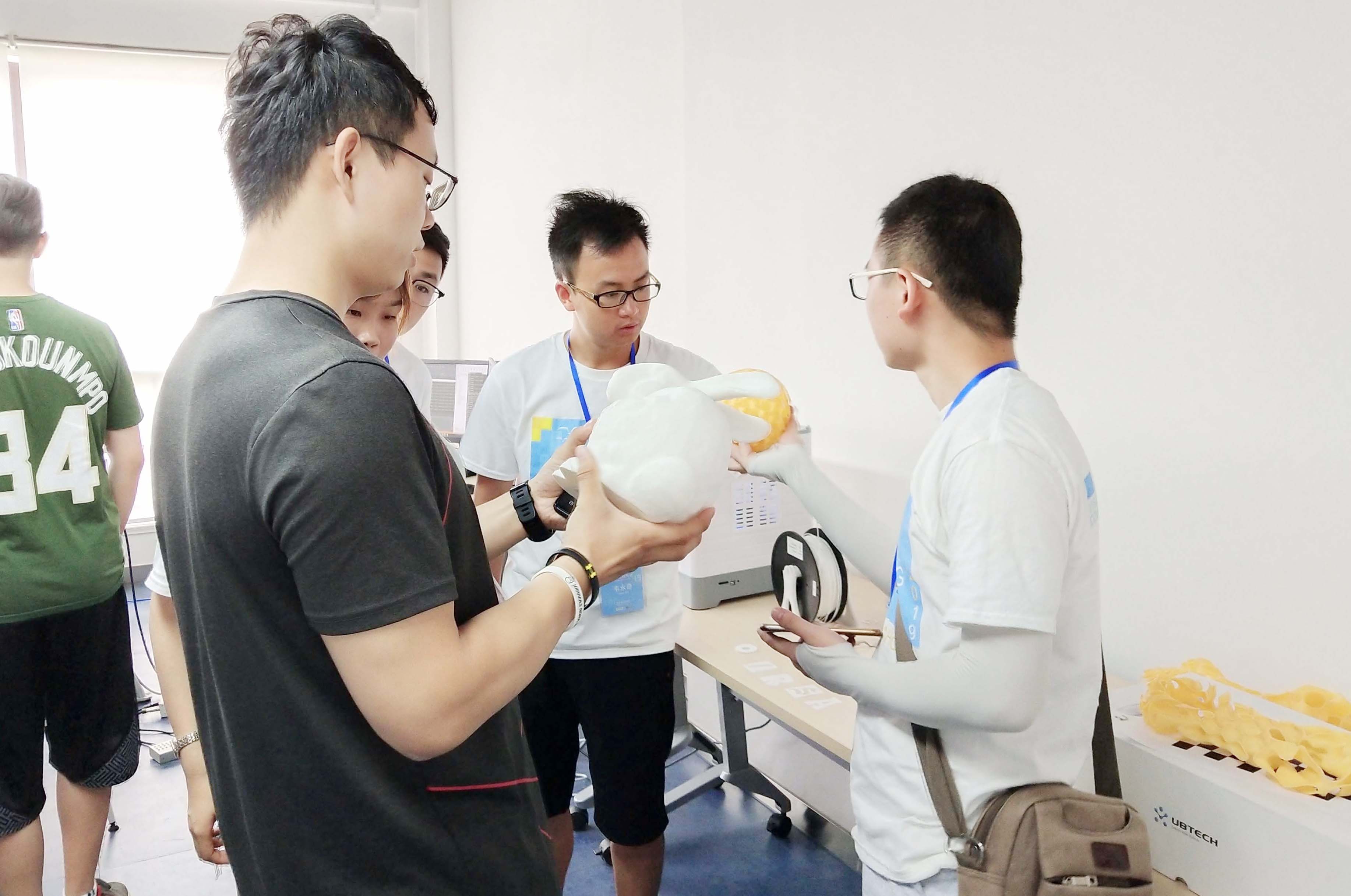
This topic is based on the mainstream technology of desktop 3D printers, Fused Deposition Modeling (FDM), and provides you with two DIY topics that are both knowledgeable and interesting, as well as standard FDM printers and clay printers. Although the summer school students of this year cannot visit the site in person, they can remotely observe the whole process of printing through the camera, and can produce the results through the above printer, and experience the novelty and fun of designing their own products through 3D printing.
The 3D printing project will be divided into two small projects, which are the path design based on G-code clay printing and the generation of porous models based on TPMS. Through these two projects, students can understand the basic process of 3D printing and exercise programming ability and geometric recognition ability, enjoy the challenges and fun from the design to the manufacturing process.

This topic will introduce the basic research problems of object detection, recognition and three-dimensional positioning involved in the automatic driving unmanned vehicle to the students, and provide GPU server for the students to train the deep neural network for automatic driving application by themselves, and experience the exciting progress of artificial intelligence in recent years.
Through this topic, students will use the TensorFlow framework to run PointCNN, a point cloud feature learning architecture, which can be further developed on the provided PointCNN basic version for point cloud semantic segmentation to complete PointCNN-KITTI. The topic also provides improvement projects. Students can combine TensorFlow documents to complete further exploration and feel the advantages and characteristics of deep learning in the field of computer vision.
|
Program of the 6th “Visual Computing” Summer School Qingdao Campus, Shandong University |
||
|
Date |
Columbia time |
Event |
| July 17 | 09:00-09:05 AM | Changhe Tu, Welcoming Address |
| 09:05-09:50 AM |
Qixing Huang, University of Texas at Austin
Hybrid 3D Representations for 3D Understanding [PPT] [video] |
|
| 09:50-10:35 AM |
Jean-Daniel Fekete, INRIA
Progressive Data Analysis: A New Language Paradigm for Scalability in Exploratory Data Analysis [video] |
|
| 10:35-11:20 AM |
Oliver Deussen, University of Konstanz
Uncertainty Visualization [video] |
|
| 11:20-11:40 AM |
Introduction on 4 DIY Sessions
[3D Printing] Xiaokang Liu, Practices on 3D Reconstruction and 3D Printing [VR/AR] Dayong Chen, Programming Practices on Virtual and Augmented Reality [Visualization] Mingliang Xue, Big Data Visual Analysis and Practice [CV] Zhiyi Pan, Programming Practices on Computer Vision |
|
| 02:00-06:00 PM | DIY Activity | |
| July 18 | 09:00-09:45 AM |
Daniel Lischinski, The Hebrew University of Jerusalem
Generative Adversarial Networks and their Applications [video] |
| 09:45-10:30 AM |
Andrei Sharf, Ben-Gurion University of the Negev
Deep learning for Nano-photonics [video] |
|
| 10:30-11:15 AM |
Daniel Cohen-Or, Tel Aviv University
Face Disentangling [video] |
|
| 02:00-06:00 PM | DIY Activity | |
| July 19 | 09:00-09:45 AM |
Mingming Cheng, Nankai University
Adaptive Visual Perception Technology [video] |
| 09:45-10:30 AM |
Haisen Zhao, University of Washington
Carpentry Compiler [video] |
|
| 10:30-11:15 AM |
Lingjie Liu, Max Planck Institute for Informatics
Learning Neural Sparse Voxel Fields for Free-viewpoint Rendering [video] |
|
| 02:00-06:00 PM | DIY Activity | |
This summer school adopts the form of live broadcast online. You can click on the live address or scan the QR code below to watch.

Here, we work together to leave a deep memory.
Enjoy every time, enjoy every one.
1. How to confirm whether the registration is successful?
After successful registration, we will send you a confirmation email with registration number. If you receive the email, it indicates that you have successfully registered. If you do not receive the email, please contact us by irc_cs_sdu@163.com.
We welcome relevant enterprises to participate in this summer school, and jointly promote the development and progress of visual computing!
This summer school provides product display, publicity and promotion for sponsor enterprises. Meanwhile, enterprises can fully communicate with well-known scholars and candidates job applicant in the visual computing. Sponsorship is divided into two levels: SILVER (30000 RMB) and GOLD (50000 RMB).
Summer school can help enterprises carry out brand promotion (silver level) on the website and in the venue, and can arrange 30 minutes of on-site technical report (gold level).
For SILVER level sponsors, we will provide brand promotion services in our website, wechat, weibo and online conference. Besides, we will provide an additional 30 munites technical report opportunity for GOLD level sponsors.
Please contact Miss Wang for more details.